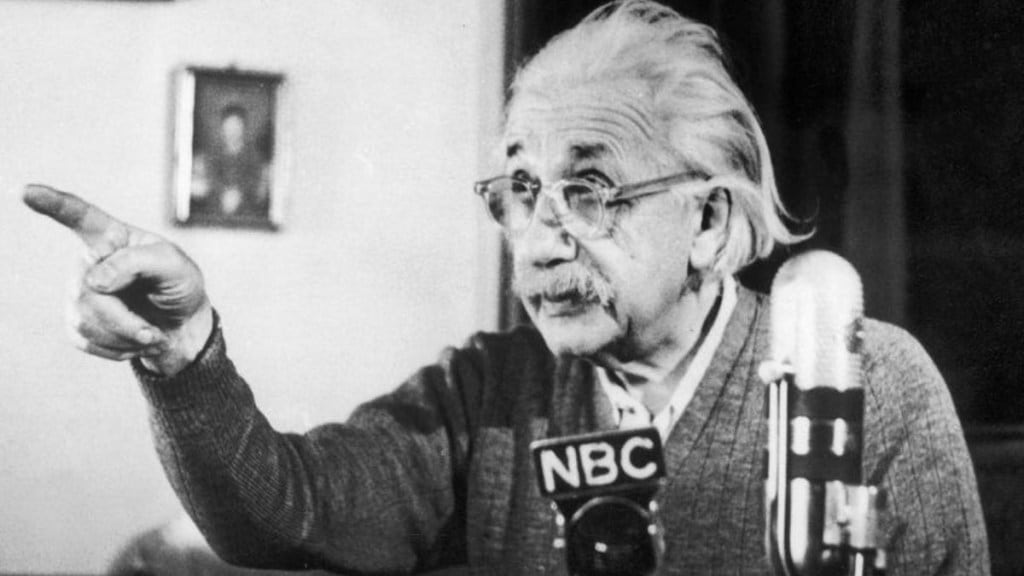Albert Einstein, the historic mathematician, researcher, and certified genius, is not just known for his discoveries but also his quirky lifestyle. From Benjamin Franklin’s naked air baths to Nikola Tesla‘s toe exercises, these extraordinary innovators had a method to their madness. Amazed by their iconic creations, the world was too busy exploring the scientific phenomena then, but it remains fascinated by the reasons behind their genius.
From Apple’s Steve Jobs‘ 10-minute rule, which reportedly made him smarter, these science-backed daily rituals contributed to his highbrow personality. These habits differentiate Einstein from nearly 40% of average adults today. As this harsh reality hits, one’s daily habits indeed have a powerful impact on the human brain, likely altering the entire thought process.
10 hours of sleep & 1-second naps
Einstein reportedly slept for at least 10 hours per day, which amounts to more than 1.5 times of an average American. As modern-day entrepreneurs bash the concept of having a sleep cycle and work-life balance, Einstein‘s habits seem rather unconventional, as per today’s norms.
The Nobel Prize winner for Literature in 1962, John Steinbeck, once said, “It is a common experience that a problem difficult at night is resolved in the morning after the committee of sleep has worked on it.”
Some scientific reasons that support the 10-hour sleep pattern directly link this to the capacity of the human brain. The REM (Rapid Eye Movement) Sleep is often linked to play a leading role in learning and memory, while non-REM Sleep remains a mystery for many, as revealed by neuroscientists. A 2022 study published in the National Library of Medicine, titled ‘Impact of Sleep Duration on Executive Function and Brain Structure,’ explains that, however, 60% of a night’s sleep is spent in this stage, it is dominated by a phenomenon called spindle events.
They begin with a sudden surge in electrical energy with rapid firing of structures deep in the brain. As per studies, those who have more of such spindle events tend to have greater “fluid intelligence“. Thus, the more you sleep, the more spindle events you have. A similar theory on sleep also suggests that napping for men can improve reasoning and problem-solving skills. Boosting intelligence, sleeping might really be the reason behind Einstein’s genius.
Walking daily
Not just great for your physical health, walking has been repeatedly proven as the best natural exercise one can do. Einstein’s daily walks were almost sacred as during his time at Princeton, he would walk for miles for lectures. Every day, he would monitor his steps, just like Darwin, who used to go on three 45-minute walks a day.
Walking not only stimulates the body with oxygen but also boosts memory, creativity, and problem-solving. ‘Touch grass’, a common modern-day slang used today, might just be borrowed from this scientific fact! Walking not only distracts the brain from cerebral tasks but also increases focus on motor abilities. This returns the brain to its innate function and provides a break from mental tasks.
Apart from these lifestyle changes, Einstein often indulged in carb-rich meals with spaghetti, which gives the body’s neurons an almost continuous supply of energy.








